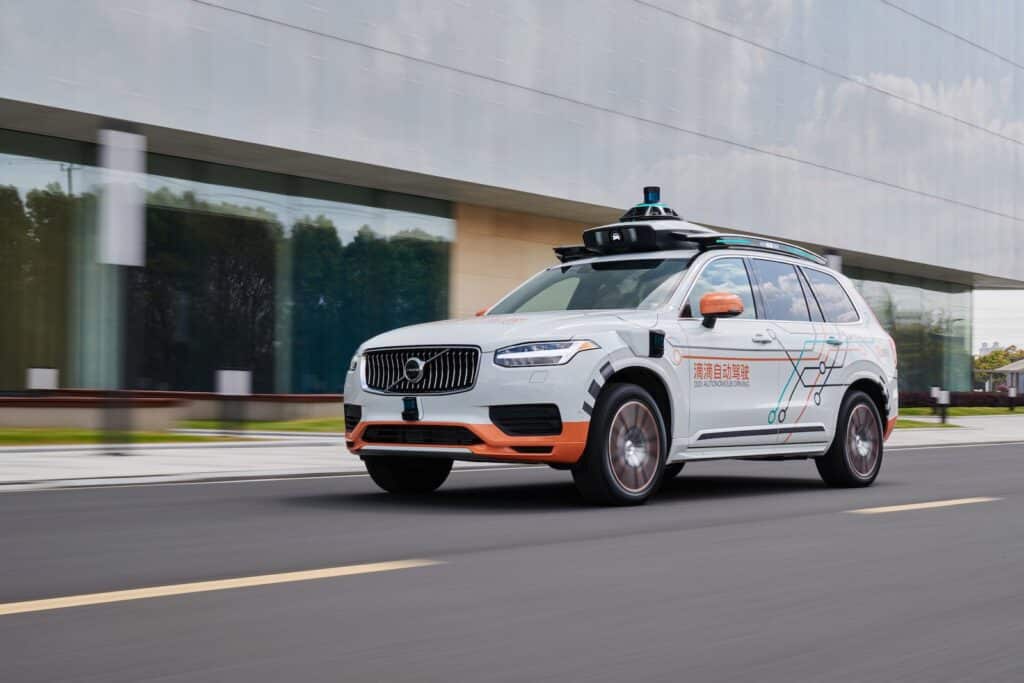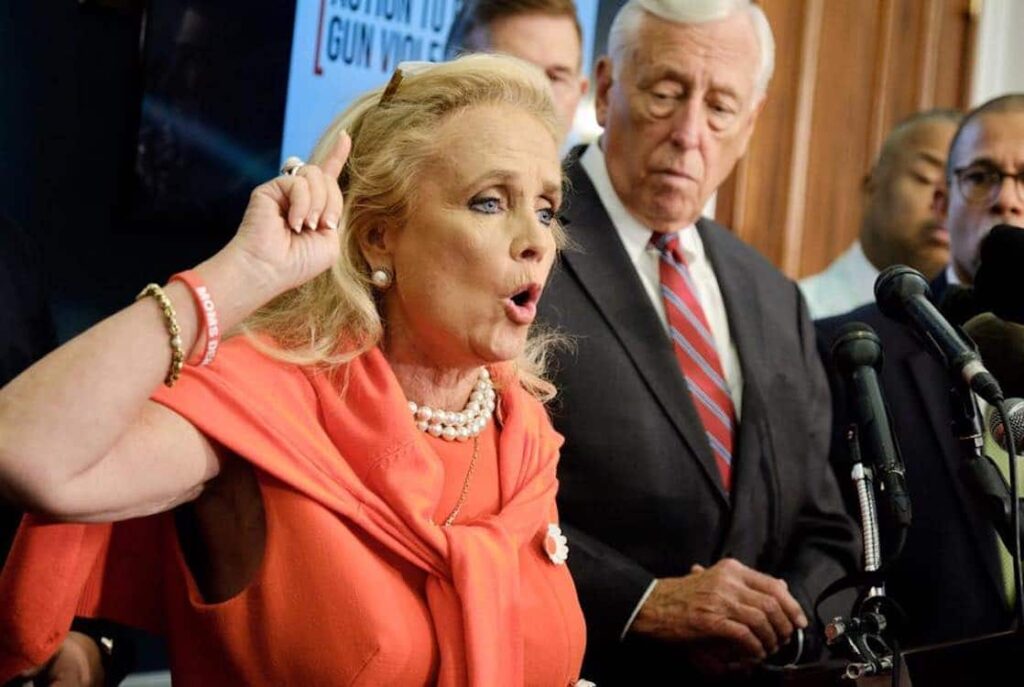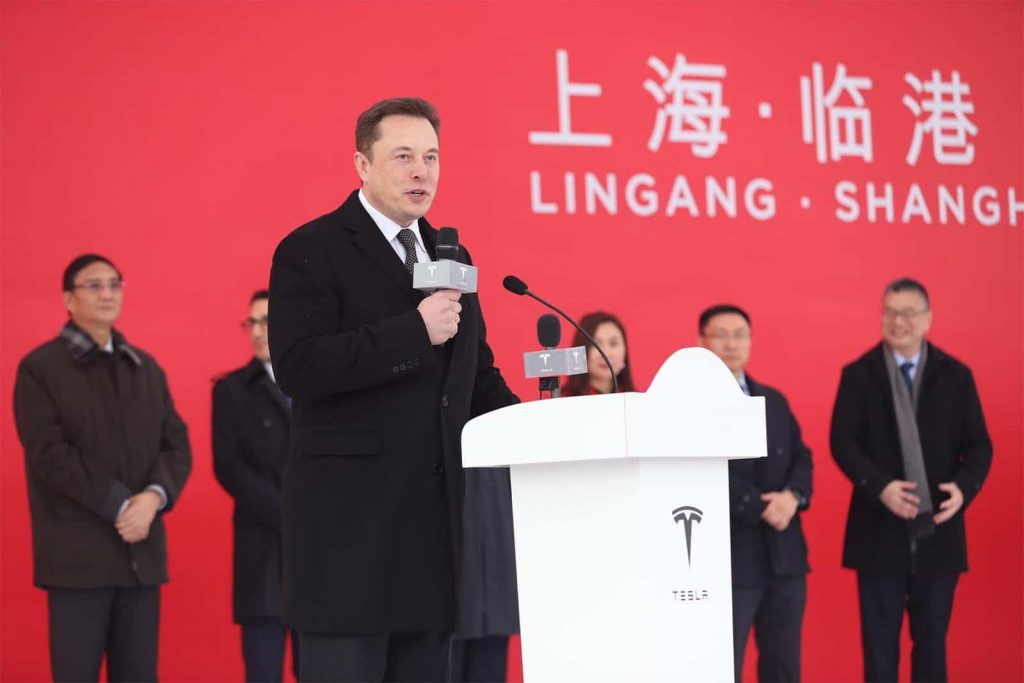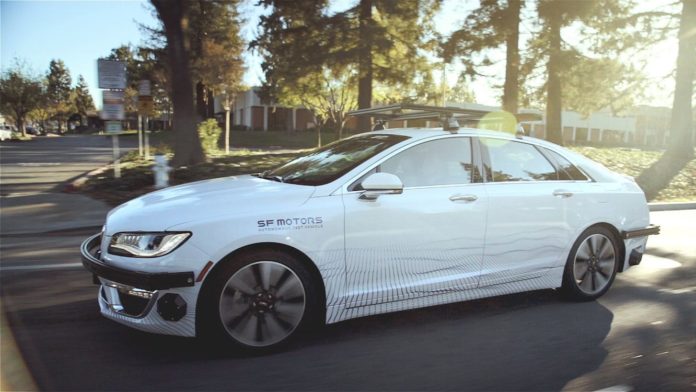A bipartisan group of lawmakers has raised flags over Chinese automakers testing autonomous vehicles in the United States.
With some companies known to be running self-driving vehicles on U.S. roadways, the House members said this raises potential national security issues in a letter addressed to both to Transportation Secretary Pete Buttigieg and Commerce Secretary Gina Raimondo.
Significantly, the Beijing government has limited the ability of U.S. companies to test autonomous technology in China. And, more specifically, the Chinese have limited where Tesla vehicles can drive due to the semi-autonomous systems its vehicles use.
“We are concerned that we are ceding a serious strategic advantage by not barring Chinese companies from operating in the United States in return,” the lawmakers wrote in a letter first obtained by the Detroit News.
Bipartisan warning
The letter was put together by a rare bipartisan group that included two Michigan Congresspersons, Republican Walter Tipton and Democrat Debbie Dingell, as well as Bob Latta, an Ohio Republican, and Texas Democrat Marc Veasey.

The four lawmakers warned the testing of autonomous technology in the U.S. not only poses a national security risk but could give Chinese automakers a competitive advantage over American rivals.
The drive for autonomy
The auto industry is spending tens of billions of dollars to develop self-driving technology. Currently, a number of manufacturers offer products that can assist a driver and, in some cases, even permit limited hands-free driving. These include systems like Tesla’s Autopilot and Full Self-Driving, General Motors’ Super Cruise and Ford’s BlueCruise.
The broad goal is to reach a point where motorists can fully detach from driving duties. In California, regulators are expected to this month approve expanded testing by Waymo and Cruise of ride-share vehicles that don’t need a driver and may not even have controls like a steering wheel or pedals.

But China, the lawmakers noted, does not permit American companies to test such technology inside its borders. On the other hand, the officials noted that at least seven Chinese companies are now testing autonomous vehicles on U.S. roads.
Competitive concerns
That raises numerous concerns about future competition, said one industry executive TheDetroitBureau.com spoke to on background. China is the world’s largest automotive market and this could make it easier for its domestic manufacturers to gain a leg up on foreign brands going forward. At the same time, Chinese automakers could find a more equal footing once they do enter the American market, as has long been expected.
(Currently, no Chinese automakers compete in the States, though some of the products built there have been imported by Western brands, notably Volvo, Polestar and Buick.)
National security

Then there’s the issue of national security. And it actually was first raised by China which, in 2021, placed limits on where Tesla vehicles could operate in that country. Among other things, they were banned from driving near military installations.
The reason for concern is that autonomous vehicles may use advanced technologies such as lidar, a form of 3D laser, which can accurately map out roadways to within fractions of an inch. And experts warn that lidar, cameras and other vehicle sensing technology could be repurposed to gain sensitive military information.
“The massive amount of data being collected by these cars could give the CCP (the Chinese Communist Party) an unprecedented vantage point into the United States,” the four lawmakers wrote in their letter to the Transportation and Commerce departments. “Beijing has already pioneered the use of big-data analytics to identify dissidents at home, and we are concerned that those tactics could be deployed here and abroad.”
Defense Department asked to weigh in
Another Michigan-based Representative, Democrat Elissa Slotkin, authored an amendment to the House’s National Defense Authorization Act that would require the Department of Defense to report on national security threats potentially involving Chinese autonomous vehicles.
While that bill has been approved by the House its future is uncertain. The Senate is not expected to pass the measure in its current form due to social issues that were included in Republican-backed amendments, and the Biden administration said it wouldn’t sign the measure. But bipartisan support for Slotkin’s amendment could see it included in whatever defense bill finally does pass into law.

